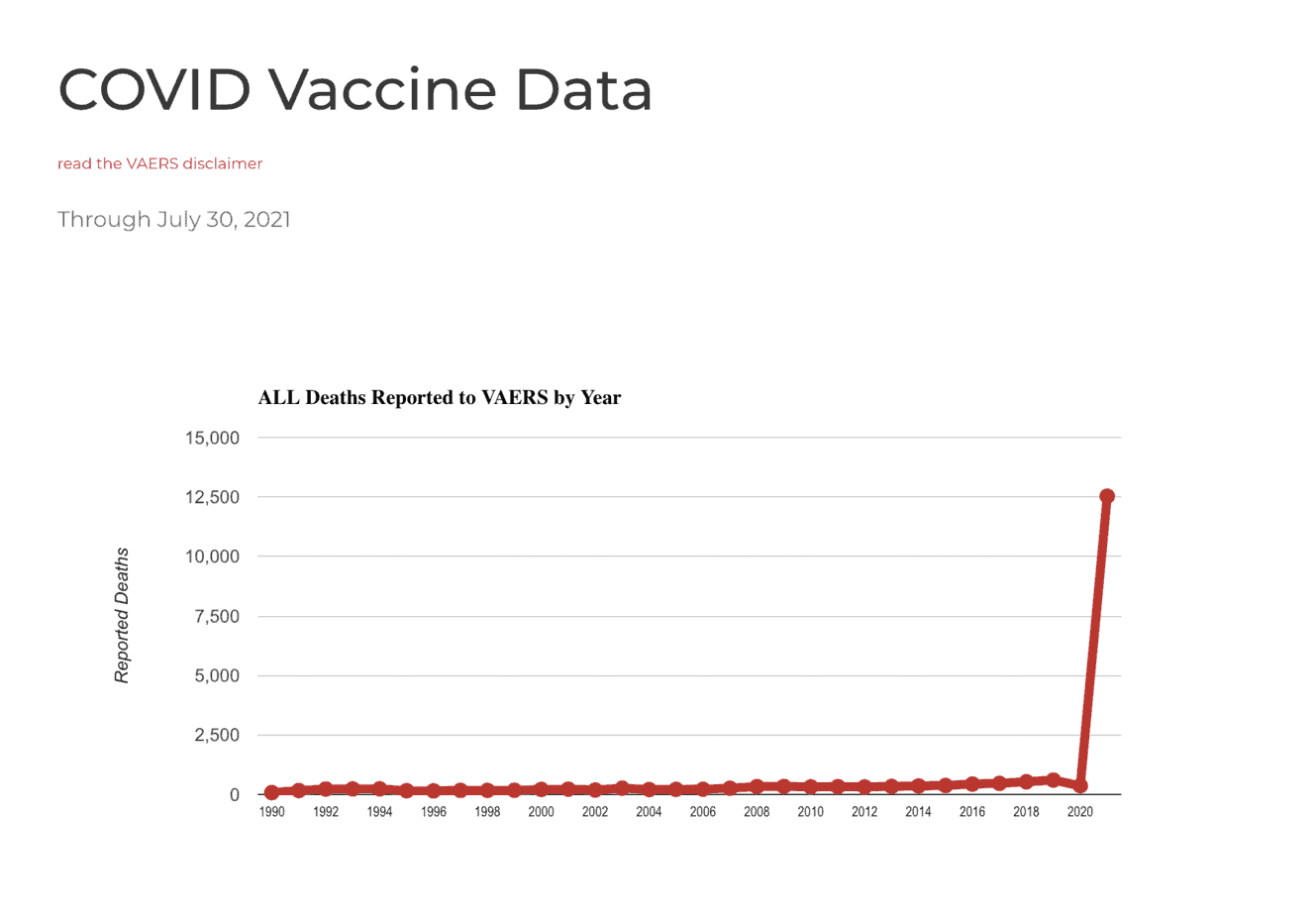Ten Ways to Save Money on the GAPS Diet
If you’re contemplating doing the GAPS diet, but are afraid of how it will impact your food budget, I’ve learned some great tips to help you save.

If you’re contemplating doing the GAPS diet, but are afraid of how it will impact your food budget, I’ve learned some great tips to help you save.
From making your own coconut milk to making your own liver supplements to buying dried beans in bulk, there are lots of things you can do to cut costs.
Here are 10 ways to save money on the GAPS Diet.
Ten Ways to Save Money on the GAPS Diet
1. Make our own coconut milk and coconut flour from scratch.
I was amazed at how cheap it is to make your own coconut milk and coconut flour, compared to buying coconut milk and coconut flour at the store.
I bought a 1-pound bag of unsweetened coconut flakes from the health food store for $3 (I’m sure you could get it much cheaper by buying in bulk).
I was able to make about a quart of coconut milk and over 9 ounces of coconut flour.
2. Make your own laundry detergent and household cleaners.
You’re better off switching to “green cleaners” on the GAPS diet. We are trying to detoxify the body, so the last thing you need is to expose yourself to toxic chemicals. Not only is it better for you, it’s also cheap!
All-purpose cleaners cost anywhere from 15-30 cents per ounce. You can make your own for less than a penny an ounce. Here’s my recipe for homemade all-purpose cleaner.
Laundry detergent costs 15-20 cents per ounce. You can make your own for 2-3 cents per ounce. Here’s my recipe for homemade all-purpose cleaner.
Even better, you can buy a Green Wash Ball for your washing machine and use NO detergent at all. For only $12.99 if you buy on Amazon, you get 1,000 loads! That’s about 1 cent per load.
I know, it sounds crazy, but it really does work. We’ve been using ours for over a year now and it’s amazing!
Our clothes come out smelling fresh and clean with no stains. Note: If you have very dirty laundry thanks to young children who like to dump food on themselves and roll around in the grass, you might want to add a little Borax to your load.
3. Buy in bulk.
Find a local co-op that will sell you large quantities of foods at a discount. For meat, you should go to a local farmer and buy half or a quarter of a cow. You’ll be shocked at how much you can save on quality grass-fed meat by buying in bulk, directly from the farmer. Store the meat in a large chest freezer (you can find these very cheap on Craig’s List). Even with the investment of the freezer, you’ll still save a lot by buying in bulk.
Just be careful when buying some things in bulk — when you are first starting out on the GAPS diet, you may not want to buy a whole bunch of stuff in bulk (although very few people are allergic to meat so you should be able to get grass-fed meat in bulk right from the get go). You may find out you are allergic to nuts, for example — so don’t stock up on nuts until after you are sure you can eat them.
4. Buy dried lentils and navy beans.
You can buy vast quantities of dried beans and store them in your pantry. This is a lot cheaper than buying canned beans, and you can avoid Bisphenol-A (BPA).
These nutritious beans will keep your family’s bellies full at a fraction of the cost of meat and fish. And since bone broth is a “protein sparer,” if you serve your beans in a broth-based soup, you will be able to stretch those beans a lot further without having to add much meat.
5. Buy cheap cuts of meat.
Hello, organ meats! Organ meats are usually the cheapest cuts of meat you can find.
Liver and other organ meats are 10-100 times more nutritious than muscle meats such as chicken breasts or steaks.
You should also buy tougher cuts of meat like top round cuts that will break down with slow roasting and braising. (Great in a crock pot!)
6. Grow your own vegetables, and if you can, get some chickens.
Organic vegetables and herbs are very pricey — especially if you are juicing. You can go through them very fast. Even if you only have a patio or porch, you can grow some vegetables or herbs — even if it’s just parsley and celery and kale for juicing. These plants grow like weeds.
If you have a yard and can set up a chicken coop, you will be able to save a ton of money on eggs.
7. Make your own liver supplements.
If you hate the idea of eating liver, you can always take liver capsules. However, liver capsules are not cheap. Simply dry your pastured/organic beef or chicken livers in your dehydrator (or in your oven on the lowest setting,) pulverize them in a food processor, and then put them in capsules.
Just be prepared — your kitchen will smell like liver for a while (I liked the aroma — but then again, I love liver pate). You might want to move your dehydrator into the garage while you do this!
8. Eat kefir grains!
If you can’t afford probiotics, did you know you can actually eat kefir grains? They don’t taste like anything, really, and they have the consistency of gummy bears.
You’ll need to make a lot of kefir if you want to eat the kefir grains, in order to produce enough grains so you can keep eating them. But drinking plenty of kefir, in addition to eating the grains, will help your gut, too.
And you can use kefir for all kinds of things. You can make kefir smoothies, or buttermilk ranch dressing. You can also use the kefir to make kefir cream cheese and whey. You can eat the kefir cream cheese on sandwiches, and add it to soups or salads.
9. Plan your meals.
One of the very best ways to save money and reduce stress and time in the kitchen is to plan your meals.
To help you guys out with this, I’m launching a new subscription program of GAPS legal meal plans.
10. Learn to cook and save money.
If this list overwhelms you and you don’t know where to begin, sign up for my online cooking class, Reversing Food Allergies. In the class, I teach you how to:
Slow roast and braise inexpensive cuts of meat
Make delicious and frugal soups and stews
Cook and enjoy organ meats
Prepare fermented foods at home, including
Make a variety of inexpensive breakfast foods
Make delicious GAPS-legal desserts including strawberry ice cream and chocolate brownies
Get rid of toxic household cleaners and personal care products and replace them with safe and healthy ones



Comments ()